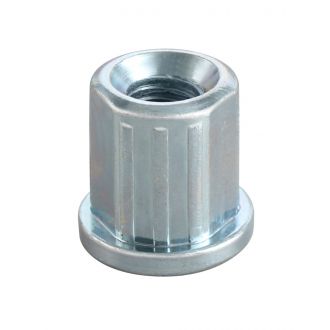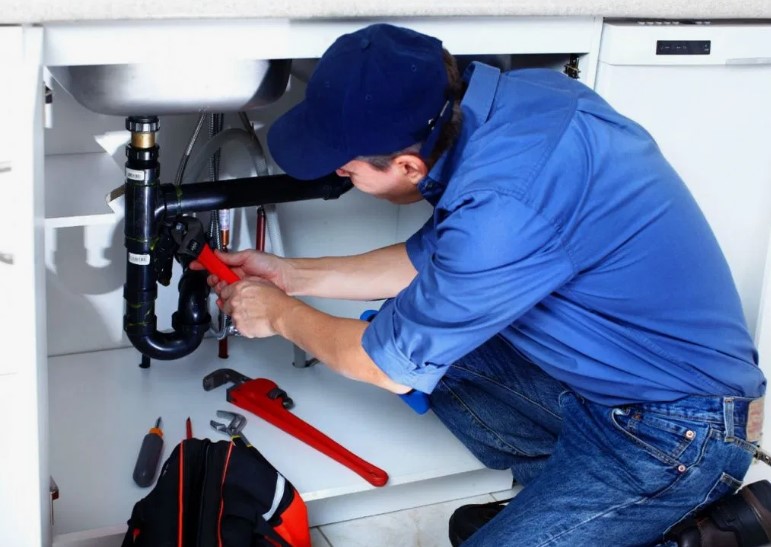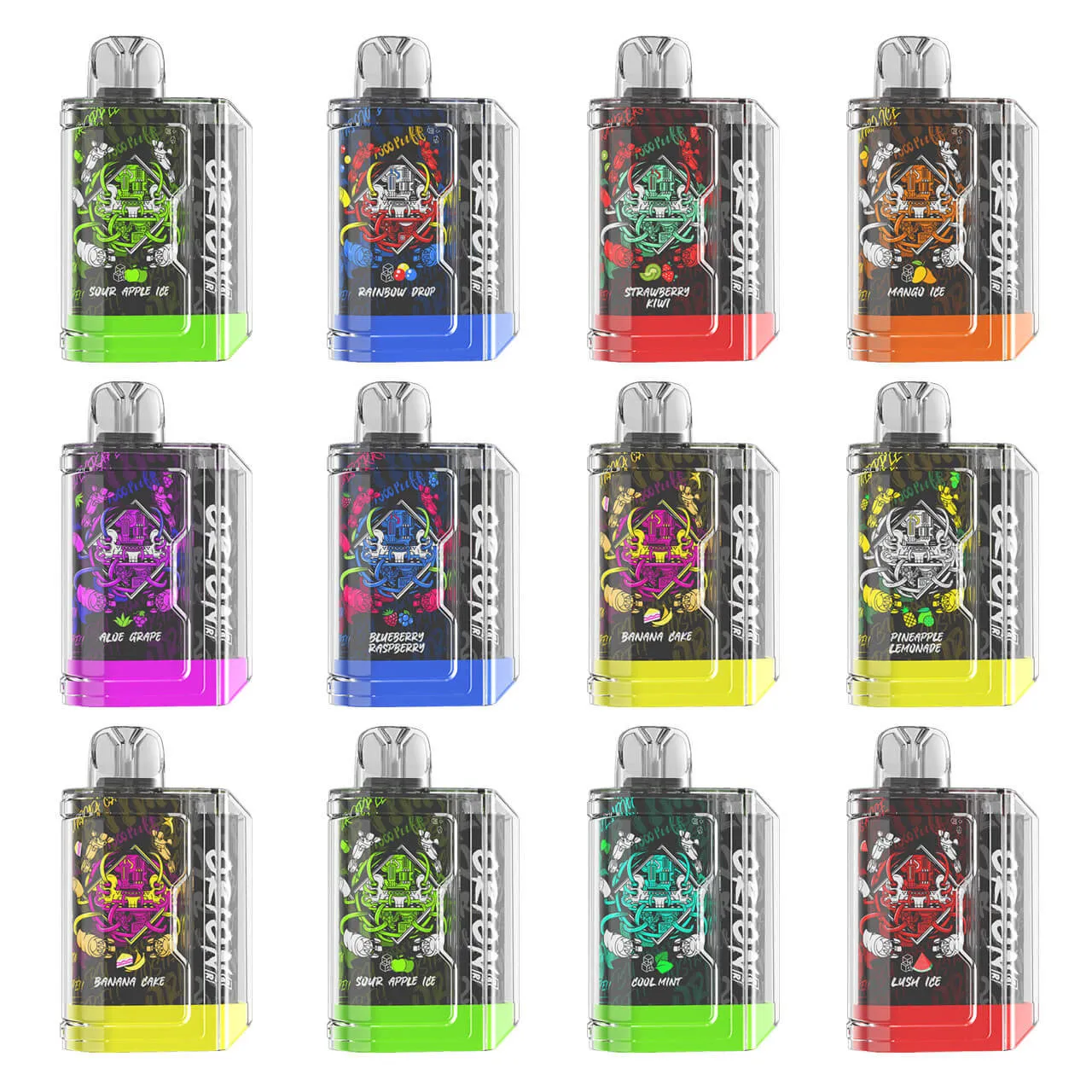Fasteners are essential components in countless applications, from everyday home repairs to large-scale industrial projects. Choosing the right fastener can significantly impact the strength and longevity of a structure. In this guide, we’ll cover the different types of fasteners, their common uses, and the advantages they offer.
What are Fasteners?
Fasteners are hardware devices that mechanically join or secure two or more objects together. They’re fundamental in construction, automotive, aerospace, and manufacturing industries. The right fastener ensures structural integrity and prevents potential hazards caused by loose connections.
Types of Fasteners
Understanding the types of fasteners available can help in selecting the best one for specific tasks.
1. Bolts and Nuts
Bolts and nuts are commonly used fasteners that work together to secure two objects. Bolts are threaded and require a nut to lock them in place. Ideal for strong, secure connections, bolts are used in heavy-duty construction, machinery, and automotive applications.
2. Screws
Screws are versatile fasteners with a helical thread. They are self-locking, which means they do not need a nut to hold them. Screws are perfect for wood, metal, and plastic applications and are used in furniture assembly, cabinetry, and electronic devices.
3. Nails
Nails are straightforward, durable fasteners primarily used in woodworking. They are driven into materials using a hammer or nail gun. Common in home construction and carpentry, nails are reliable for holding wood securely.
4. Rivets
Rivets are permanent fasteners that connect materials together by deforming the tail end of the rivet after it is inserted. They are commonly used in the aerospace, automotive, and construction industries for applications where welding is not an option.
5. Washers
Washers are thin, flat disks often placed between a bolt and a surface to distribute the load evenly. They prevent damage to materials and ensure secure, tight fastening. Washers are essential in machinery and other applications where vibrations are frequent.
6. Anchors
Anchors are specialized fasteners designed to connect objects to materials like concrete or drywall. They expand once inserted, providing strong support in materials where traditional screws or bolts cannot hold.
Common Uses of Fasteners
Each type of fastener serves a unique purpose, making it essential to choose the right one for specific applications.
- Construction: Bolts, nails, and screws are widely used in construction projects to assemble frames, doors, and roofing structures.
- Automotive: Fasteners like bolts, nuts, and rivets are essential in car manufacturing, securing various components and parts.
- Furniture Assembly: Screws, nuts, and bolts play a significant role in assembling furniture, ensuring durability and stability.
- Electronics: Small screws are common in electronic devices, holding components securely without damaging delicate parts.
Benefits of Choosing the Right Fasteners
Selecting the appropriate fastener has many benefits, including:
1. Enhanced Durability
Proper fasteners ensure longevity by holding materials securely and preventing unwanted movements. This is especially crucial in construction, where stability and strength are paramount.
2. Cost Efficiency
The right fastener can reduce maintenance costs by preventing frequent repairs. In industrial settings, this helps minimize downtime and improve productivity.
3. Safety
Fasteners that are appropriate for the application reduce the risk of loose connections and potential accidents. Quality fasteners maintain the integrity of a structure, safeguarding users and operators. Also Racking accessories enhance storage systems by providing added support, organization, and safety features for optimized warehouse efficiency.
4. Versatility
With so many fastener types available, there’s an option for every material and requirement. From lightweight plastic to heavy steel beams, fasteners offer a tailored solution for each need.
Tips for Selecting the Right Fastener
To make an informed choice, consider these factors:
- Material Compatibility: Ensure that the fastener material (steel, brass, etc.) is compatible with the material it will connect.
- Load Requirements: Choose fasteners that can handle the required weight and pressure.
- Environmental Conditions: For outdoor projects, select corrosion-resistant fasteners to withstand weather conditions.
- Ease of Installation: Some fasteners require specific tools or installation techniques, so choose based on the project’s demands.
Conclusion
Fasteners are the unsung heroes of structural stability, offering essential support across industries. Whether you’re assembling furniture, constructing a building, or repairing a machine, choosing the right fastener can make all the difference. Explore the variety of fasteners available and select the ideal one for your needs to ensure secure, long-lasting results.




